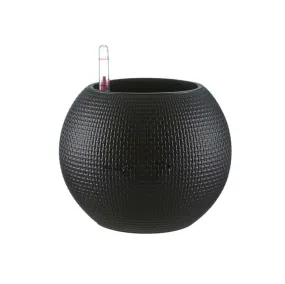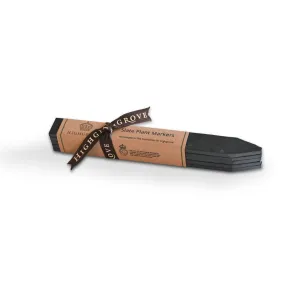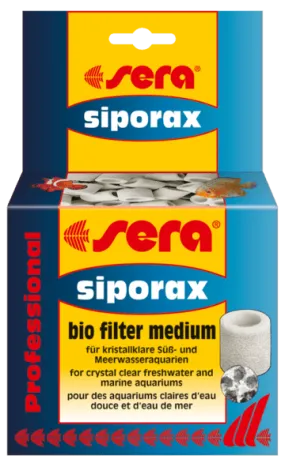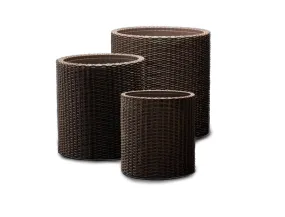UltraRinse Premium
Machine Dishwasher Rinse Aid
Developed as a rinse aid to compliment Premium Machine Dishwashing Detergent as a complete machine dish washing system. It is ideal for all crockery and glassware, with a fast drying action leaving no streaking or powdery residues only sparkling clean results. Low foaming.
- Odourless.
- Contains no caustics or solvents.
- Streak free finish – leaves no residues.
- Helps prevent scale build-up.
- Quick drying.
- Sparkling clean results.
Follow machine manufacturers recommendations and dose with Rinse Aid accordingly.
TROUBLESHOOTING PROBLEMS WITH DISHWASHERS
Dishes and glassware are not cleaning properly:
When poor cleaning occurs, it is often related to water conditions, detergent usage and/or loading conditions. To achieve optimum results, we suggest reviewing the following:
Temperature – Proper water temperature is needed to activate the dishwasher detergent, dissolve greasy food soils and warm the interior for good drying results. Check that the water is heating to the temperature recommended by the manufacturers of the dishwasher.
Detergent – The amount of detergent used depends on the water hardness and amount of soil on the dishes. If dishes are coming out dirty increase the amount of detergent being dosed into the machine (please remember that when the level of detergent is increased then it may be necessary to increase the level of Rinse Aid to ensure that all detergent has been neutralised)
Cycle Selection – The proper cycle needed depends on the amount of food soil. Selecting a short cycle will save water and energy. However, it may not provide adequate cleaning for heavily soiled dishes. If foods remain on dishes, a longer cycle may be required. Check the User\'s Guide for cycle recommendations.
Loading – Ensure that dishes, glasses etc are carefully placed in dishwasher with spaces between items. Avoid loading items in a way that can stop or hinder rotating spray arms from operating properly.
Dishes, cutlery and glassware are cloudy, discoloured or have white spots:
Causes of cloudiness are normally associated with:
- Excessive operating temperature
- Hard water
- Dosing with too much or too little detergent
- Inefficient rinsing
- Machine problems, for example blocked jets on spray arms.
- Problems with dosing equipment
To prevent cloudiness:
Temperature – check that you are following operating temperatures recommended by manufacturer of dishwasher.
Hard water – Ultraclean dishwasher detergent is formulated with water softening agents which prevent the hardness minerals being deposited on the glassware etc. If insufficient detergent is used then excess hardness can precipitate out especially at high temperature washes. Increase the detergent dosage gradually until the problem has been eliminated.
Excess detergent – Ultraclean is an alkaline cleaner which if used at too high a level, especially in areas where the water is very soft, it can cause etching on glassware and crockery. If dishes are cloudy or discoloured it is important to check if etching is occurring. To test, dip the affected dish in a solution of (1:5 dilution of FIZZ in water). If discolouration is removed then the problem is not etching but a hard water film. If the discolouration does not disappear then etching has occurred and the detergent dosage needs to be reduced. Etching is permanent and it is important to determine if this is the problem as early as possible so that it can be eliminated.
Rinsing – inefficient rinsing is the most common reason for cloudiness. Ultra Rinse is a rinse aid based on a mild acid which neutralises the dishwasher detergent and other ingredients prevent hard water films by sheeting off the water during the rinse process.
It is vital that the amount being dosed is sufficient to ensure that washed dishes are clean, free from streaks and show no signs of discolouration or spotting. Increase the dosage gradually until problems are eliminated.
Problems with machine and equipment – Ensure that spray arms are operating correctly and that the jets are free. Food residues should be removed from jets and from traps and filters. Dishwashers are affected by build-up of scale in the machines making them inefficient. To descale, do a wash cycle substituting the detergent with , followed by a rinse cycle.
If you are experiencing other problems while using Mistral Dishwasher products please email us giving as many details as possible.















